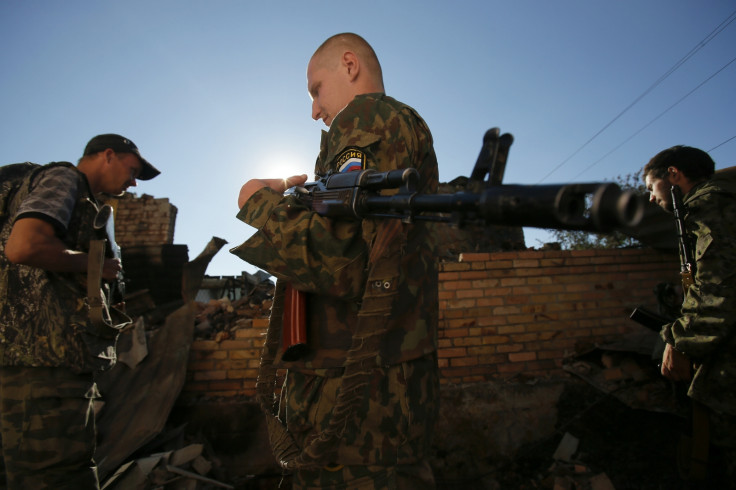EU Leaders Agree on New Russian Sanctions Targeting Gazprom Bank and Gazprom Neft
Sanctions include credit restrictions and export bans on companies, and travel bans and asset freezes on officials

European leaders have agreed on fresh sanctions on Russia, specifically targeting two branches of the world's biggest oil producer Gazprom: Gazprom Bank and Gazprom Neft.
Sky News citing a European Union diplomat reported that fresh round of sanctions would include credit restrictions on Russia companies, export bans, and travel bans and asset freezes on a new set of officials.
The latest set of sanctions would be imposed on Russia early next week, despite its agreeing to a ceasefire in Ukraine.
British prime minister David Cameron said sanctions on Russia would continue despite the 12-point peace plan agreed by both sides. He was speaking at the end of a Nato Summit in Wales on 5 September.
Cameron added that sanctions could be lifted if peace in the region last long.
Fast strike force
Britain has agreed to supply 1,000 troops to a Nato rapid response force which is looking to counter Russian aggression in Ukraine and eastern Europe.
The fresh sanctions indicate that Western leaders continue to be sceptical about Russia, and are standing by their decision to punish Russian president Vladimir Putin, the country's elite, and Moscow's state firms, for their efforts to support rebels in Ukraine.
German chancellor Angela Merkel earlier noted that the ceasefire agreement made between Ukrainian government representatives and pro-Russian rebels was not in itself enough to halt sanctions.
In addition to the implementation of the ceasefire, Europe wants the withdrawal of Russian troops from Ukraine and the establishment of a buffer zone.
"We should expect that these sanctions could indeed be put into force, but with the proviso that they can be suspended again if this process really takes place," Merkel said.
© Copyright IBTimes 2025. All rights reserved.






















